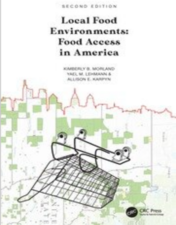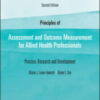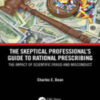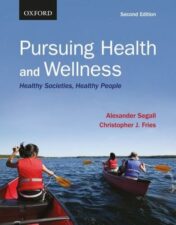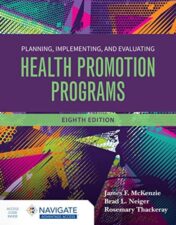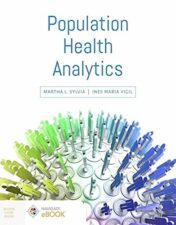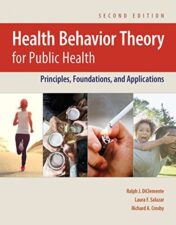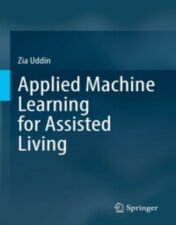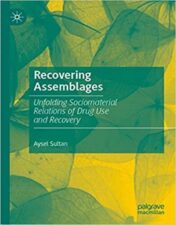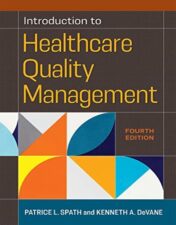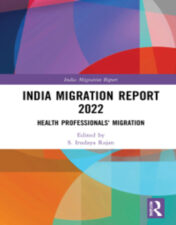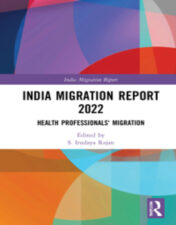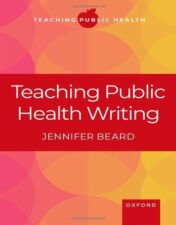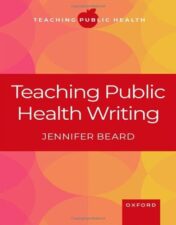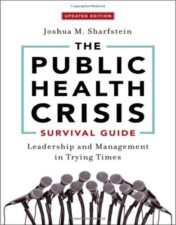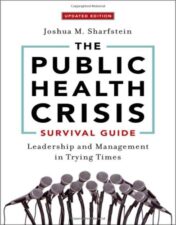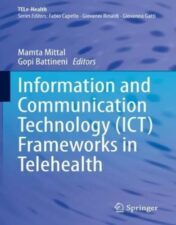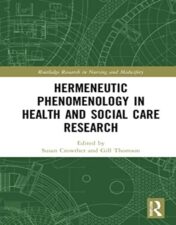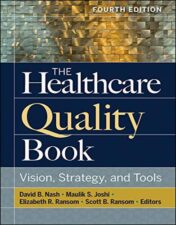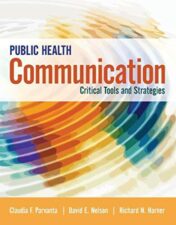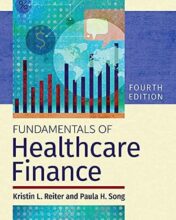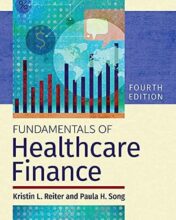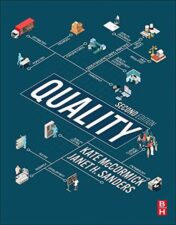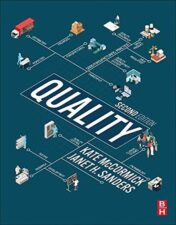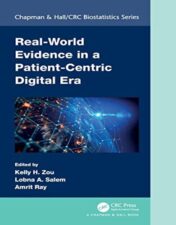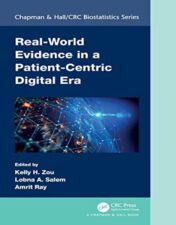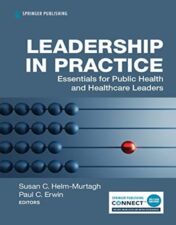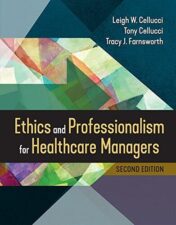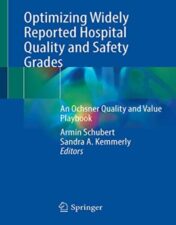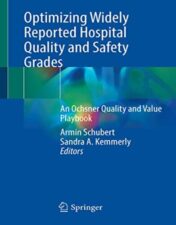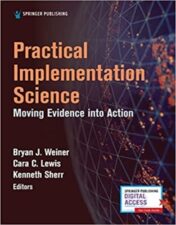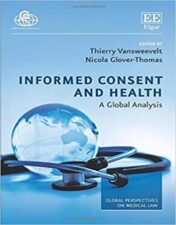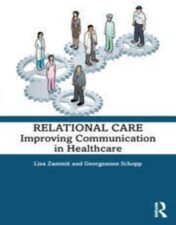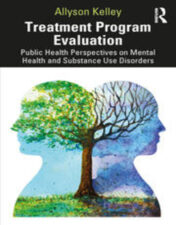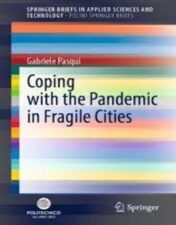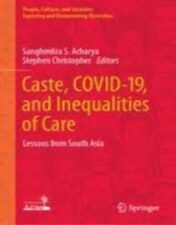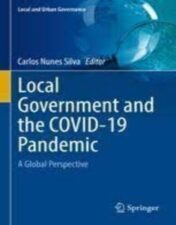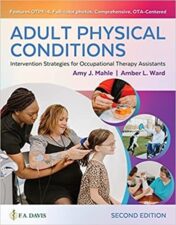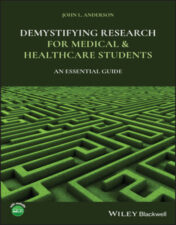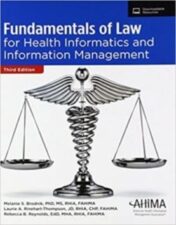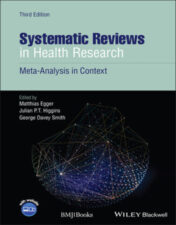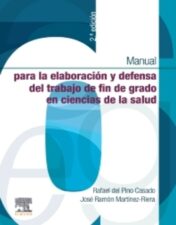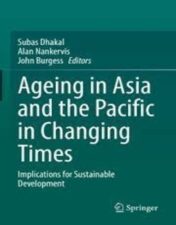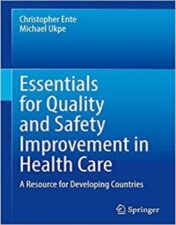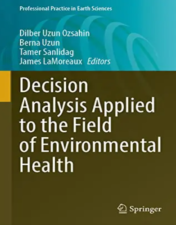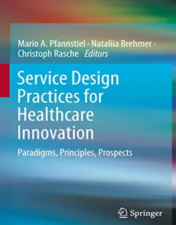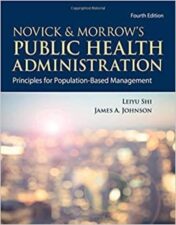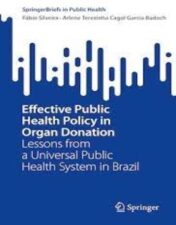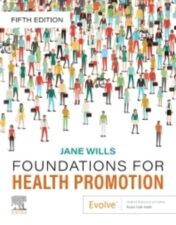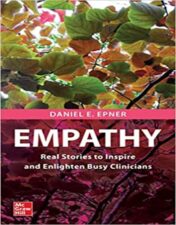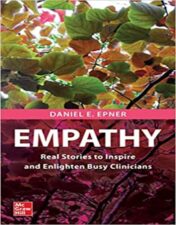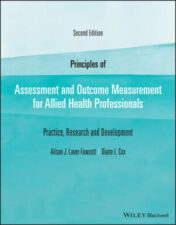Local Food Environments, 2nd Edition 2022 Original PDF
$12
Local Food Environments, 2nd Edition 2022 Original PDF
“In this book, Morland, Lehmann, and Karpyn discuss the critical need for healthy food financing programs as a vehicle to improve food access for all Americans. In my career as a public servant, there are very few legislative achievements that I’m prouder of than the Healthy Food Financing Initiative, which started in my home state of Pennsylvania. The program gained status as a proven and economically sustainable federal program that is helping to improve the quality of life in our neighborhoods: by allowing millions access to healthy, affordable food.”
– Congressman Dwight Evans
United States House of Representatives, Pennsylvania, District 3
“If we work together, we can create a healthy food system that is equitable and accessible to all. This book highlights the importance of healthy food projects like grocery stores, farmers markets, co-ops, and other healthy food retail in revitalizing local communities across the country. Without basic nourishment, kids and families simply won’t be successful – which is why this book is a must read.”
– Sam Kass
President Obama’s Senior Nutrition Policy Advisor
and Executive Director of Let’s Move!
“Morland and colleagues’ new second edition provides an excellent foundation for courses in food policy and community nutrition. Their detailed review of the economics of local and national food financing will open students’ minds to the complexity inherent in measuring and interpreting outcomes.”
– Robert S. Lawrence, MD, MACP
Founder and Former Director of the Center for a Livable Future
Johns Hopkins University, Bloomberg School of Public Health
Features
● Describes how disparities in food access formed in the United States
● Includes federal policies and programs aimed at addressing food access in underserved areas, including the Healthy Food Financing Initiative
● Features examples of state initiatives that address poor access to food retailers
● Provides methods for program evaluation utilizing principals of implementation and dissemination science
● Includes critical thinking questions and embedded videos aimed to generate discussions on how restricted local food environments in the United States are rooted in economic disparities that impact food access as well as housing, education, and job opportunities
Related Products
Public Health Books
Introduction to Health Behavior Theory, 4th Edition 2022 Original PDF
Public Health Books
Public Health Books
Strategic Debriefing for Advanced Simulation 2022 Original PDF
Public Health Books
Applied Machine Learning for Assisted Living 2022 Original PDF
Public Health Books
Introduction to Healthcare Quality Management, Fourth Edition 2022 epub+converted pdf
Public Health Books
Public Health Books
Public Health Books
Public Health Books
The Spine for Lawyers: ABA Medical-Legal Guides 2014 epub+converted pdf
Public Health Books
Transcend Fear: A Blueprint for Mindful Leadership in Public Health 2021 Original PDF
Public Health Books
Routledge Handbook of Health and Media 2022 epub+converted pdf
Public Health Books
Public Health Books
Public Health Books
Public Health Books
Public Health Books
Reconsidering Patient Centred Care: Between Autonomy and Abandonment 2022 Original PDF
Public Health Books
Information and Communication Technology (ICT) Frameworks in Telehealth 2022 Original PDF
Public Health Books
Legal Aspects of Health Care Administration, 14th edition 2022 epub+converted pdf
Public Health Books
The Healthcare Quality Book: Vision, Strategy, and Tools, 4th edition 2019 Original PDF
Public Health Books
Bioethics: Principles, Issues, and Cases, 5th edition 2022 Epub+ converted pdf
Public Health Books
Public Health Communication: Critical Tools and Strategies 2017 Epub+ converted pdf
Public Health Books
Fundamentals of Healthcare Finance, Fourth Edition 2022 Epub+ converted pdf
Public Health Books
Fundamentals of Healthcare Finance, Fourth Edition 2022 Original PDF
Public Health Books
Public Health Books
Public Health Books
Public Health Books
Transforming Healthcare : An Insider’s Look on Why and How 2022 Original PDF
Public Health Books
Relational Care: Improving Communication in Healthcare 2022 Original PDF
Public Health Books
Public Health Books
Emotional Design and the Healthcare Environment 2022 Original pdf
Public Health Books
Coping with the Pandemic in Fragile Cities 2022 Original pdf
Public Health Books
Pandemic Police Power, Public Health and the Abolition Question 2022 Original pdf
Public Health Books
Caste, COVID-19, and Inequalities of Care Lessons from South Asia 2022 Original pdf
Public Health Books
Local Government and the COVID-19 Pandemic A Global Perspective 2022 Original pdf
Public Health Books
Handbook of Settings-Based Health Promotion 2022 Original pdf
Public Health Books
Health Care Ethics: Critical Issues for the 21st Century 2019 Original pdf
Public Health Books
Public Health Books
Public Health Books
Observer Design for Control and Fault Diagnosis of Boolean Networks 2021 Original PDF
Public Health Books
Online Health Forums and Services: Benefits, Risks and Perspectives 2022 Original PDF
Public Health Books
Bio-Nano Interface: Applications in Food, Healthcare and Sustainability 2021 Original PDF
Public Health Books
Food, Energy, and Water Nexus: A Consideration for the 21st Century 2022 Original PDF
Public Health Books
Foundations for Health Promotion, 5th Edition 2022 EPUB & converted pdf
Public Health Books
Empathy: Real Stories to Inspire and Enlighten Busy Clinicians 2022 Epub & converted pdf
Public Health Books
Empathy: Real Stories to Inspire and Enlighten Busy Clinicians 2022 Original pdf

